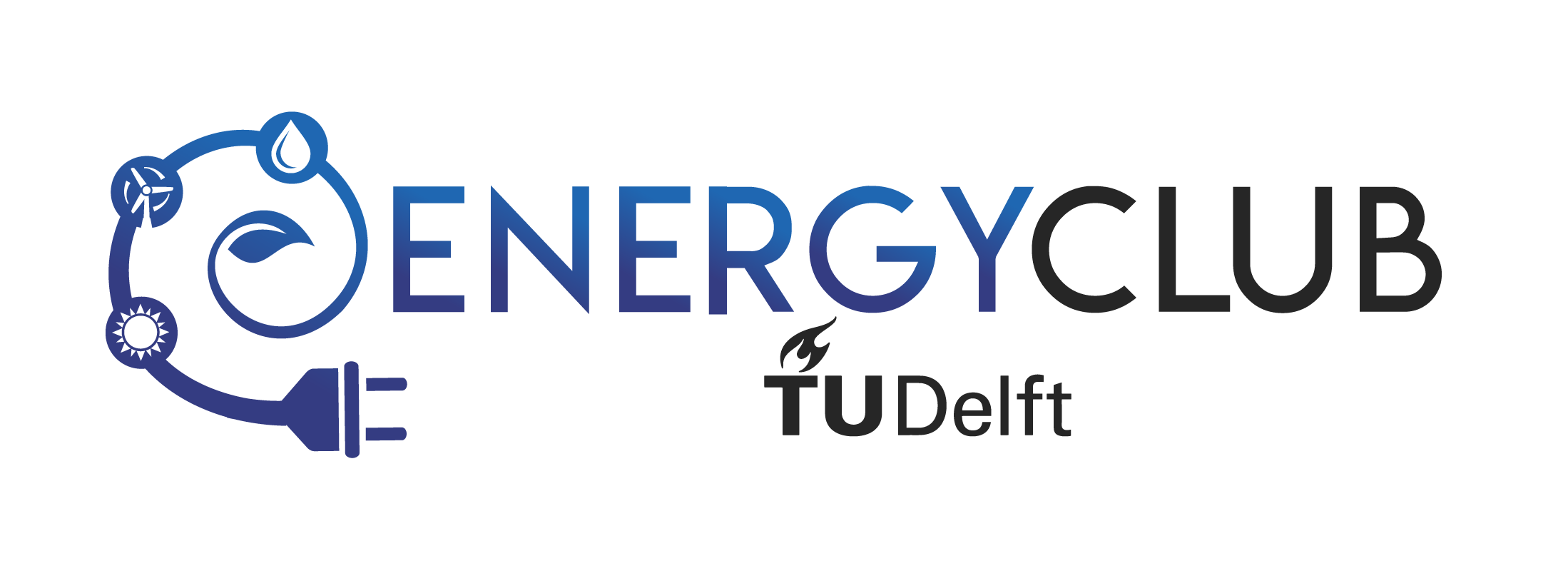Internship/thesis project: Marine algae biorefinery on the island of St Croix
In the tropical ocean, the cold deep water is clean and rich in nutrients, such as phosphate and nitrate. These nutrients can be applied to efficiently cultivate micro- and macroalgae (seaweed), which in turn can be converted into valuable products such as biofuel, biofertilizer, special chemicals, and critical minerals. The islands in the tropics with their above-average sunshine and stable temperatures year-round have the perfect conditions for algae to grow.
The challenge with algae as biomass is its water content. Experimental results show that the total efficiency from thermal gasification is inversely proportional to water content, as the total efficiency diminishes from 61% to 27% when the water content in the biomass increases from 5% to 75% (Yoshida et al. 2003). Whereas the process of anaerobic digestion is a very time-consuming process (few days residence time), alternate options to conventional biomass gasification and anaerobic digestion have been developed, such as Supercritical Water Gasification (SCWG). Among others, SCWG offers a major advantage as it does not require energy to dry the biomass and has much shorter residence times ranging from a few seconds to a few minutes (Matsumura and Minowa, 2004). Typically up to 80% of the refinery costs are in the extraction and purification of the main target component (Ruiz Gonzalez et al., 2016), meaning that cost reduction strategies shall focus on this first step of the refinery process.
Project objective
This project objective is to design a biorefinerey plant based on micro- and macroalgae cultivation along the south side of St Croix. This biorefinery’s foreseen location is at the former oil refinery meant to repurpose it and producing a whole range of products for food, feed, fuel, materials, pharma and chemical applications.
Project activities
Suggested activities as part of this project are:
Analysis of the best location for the biorefinery plant
Select a suitable biorefinery technology for wet micro- and macroalgae
Concept design of the biorefinery plant incl. performance analysis (e.g. in- & output, energy)
Cost breakdown and economic viability of the designed biorefinery plant
Development timeline and stakeholder analysis
Practical relevance
This project will contribute to making St Croix more self-sufficient by creating an alternative source of lipid, biofuel and biofertilizer production as well as other raw chemicals/minerals, e.g. helping to provide the means for renewable, carbon neutral transport. Also, it could help solve a major threat to the island’s ocean ecosystem coming from invasive marine sargassum, being a source of wet biomass for the proposed biorefinery.
Industry collaboration
This project is part of Seacoystems LLC’s activities to develop deep ocean water solutions in the tropics, starting in Puerto Rico and the US Virgin Islands. You will become a member of a small, multi-disciplinary team of experts. Seacosystems is headquartered in San Juan, Puerto Rico. For more information about Seacosystems, please visit: https://seacosystems.com/.
Contact persons:
Wiebren de Jong, TU Delft
Luis Cutz, TU Delft
Berend Jan Kleute, Seacosystems LLC
